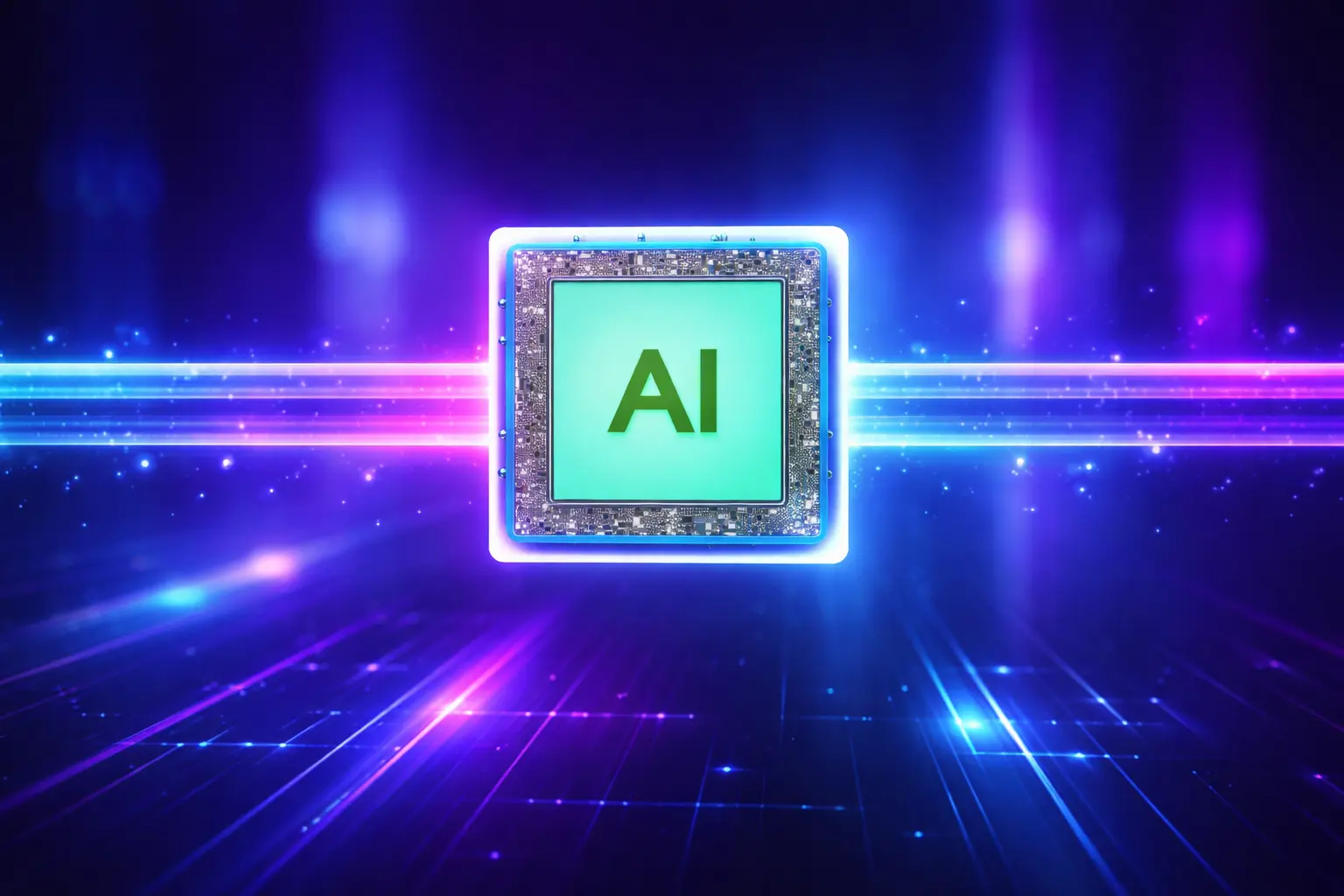What is a Forward Deployed Engineer and How Do They Meet Your Business Needs?
23.07.2025 | 7 min read

Imagine a tech expert who doesn't just code in a back office but jumps right into your company's chaos to make things work. That's the essence of a forward deployed engineer – a hybrid role blending deep tech skills with real-time problem-solving. With the context of the wave of AI, these pros are key to turning complex ideas into actionable results.
This article dives deep into their world, sharing insights on how they operate, why they're exploding in popularity, and how you can leverage them. Whether you're a founder eyeing growth or a manager tackling integration hurdles, reading this will equip you with practical knowledge to boost your team's edge – backed by fresh 2025 data showing their impact on everything from AI systems to enterprise workflows.
What Exactly Is a Forward Deployed Engineer?
A forward deployed engineer, often called an FDE, is essentially a software engineer who works directly with customers to bridge the gap between a software product and real-world application. Unlike a traditional software engineer tucked away in R&D, these folks embed themselves onsite or virtually to customize solutions quickly. Think Palantir, where this model started – FDEs there handle everything from data pipelines to AI models, ensuring seamless integration.
In practice, an FDE might spend days iterating on workflows, collaborating with stakeholders to address pain points like inefficient APIs or mismatched software and hardware. Their technical skills shine in problem-solving, but people skills are crucial for communication with non-tech teams. This "forward deployed" approach means they're not just deploying code; they're driving value by making the forward deployed engineer a pivotal part of customer success.
If you're wondering about the day-to-day, picture this: An FDE at a startup could be onsite tweaking AI deployments to fit a client's business needs, measuring outcomes to prove ROI. It's hands-on engineering work that feels like running a mini-consultancy within your engineering team.
Why Are FDEs Becoming Essential in the AI Era?
With the incoming wave of AI and automation, FDEs play a crucial role in turning hype into reality. Companies like OpenAI now hire forward deployed software engineers to embed with clients, accelerating projects from prototypes to production. This shift from Palantir to OpenAI highlights how FDEs are evolving to handle AI-specific challenges, like fine-tuning models for enterprise AI use cases.
These pros work closely with product managers and engineering teams to deploy AI systems that integrate seamlessly into existing software. For instance, in AI consultancy, an FDE might identify technical problems early, using their deep understanding to iterate on solutions. This direct involvement ensures measurable results, like reducing deployment time by weeks.
As the wave of AI hits, FDEs offer a better fit for organisations needing to deploy fast without building everything from scratch. Their ability to collaborate onsite turns potential roadblocks into opportunities, making them indispensable for driving value in the AI space.
How Does the FDE Model Differ from Traditional Engineering Roles?
The FDE model flips the script on traditional engineering by placing engineers "in the field" rather than isolated in headquarters. A forward-deployed engineer partners closely with customers, often embedding in forward deployed teams to tackle end-to-end deployment. This contrasts with sales engineering or pre-sales roles, which focus more on demos than deep integration.
In the context of AI, FDEs go beyond coding new features; they customize AI projects to address a customer's unique pain points. For example, at modern AI companies, they might deploy APIs that connect AI models to legacy systems, ensuring everything runs smoothly. This hands-on "work in the field" builds a track record of success, unlike traditional software where updates happen remotely.
You'll see why this matters: FDEs bring a mix of technical solutions and communication skills, helping iterate on product roadmaps based on real feedback. It's like having a solutions engineer who codes, making the forward deployed engineer ideal for dynamic environments.
What Skills Make a Great Forward Deployed Engineer?
To excel as an FDE, you need a blend of hard and soft skills that go beyond a standard software development engineer. Core technical skills include mastering languages for AI deployments, like Python for building workflows or integrating AI systems. But it's the ability to problem-solve in real-world scenarios that sets them apart, often working closely with customers to deploy solutions quickly.
People skills are non-negotiable – think empathy for stakeholders facing integration issues, or clear communication during onsite sessions. In AI era roles, FDEs must understand business needs to tailor enterprise software, perhaps embedding engineers to handle custom software tweaks. This versatility makes them a bridge between R&D and the customer's front lines.
If you're hiring, look for folks with a startup mindset: quick learners who can iterate on feedback and collaborate across teams. Their role in forward deployment often involves inventing entirely new products on the fly, turning vague requirements into deployable tech.
How Do FDEs Deploy AI Solutions in Startups?
In startups riding the wave of AI, FDEs are the secret sauce for rapid deployment. They embed directly with clients to deploy AI models that fit specific use cases, like automating workflows in product and engineering teams. This "forward deployed" tactic, inspired by Palantir, helps businesses scale without massive professional services overhead.
Picture an FDE at an AI startup: They work in the field to integrate APIs, solving technical problems that block adoption. By partnering closely with customers, they ensure AI projects deliver measurable value, often turning pilots into full deployments in months, not years.
This model shines in high-stakes scenarios, where FDEs use their engineering talent to bridge the gap between innovation and execution. It's why making the forward deployed engineer part of your strategy can accelerate growth.
What Challenges Do Forward Deployed Engineers Face?
Ever wonder what keeps FDEs up at night? One big hurdle is balancing deep tech dives with customer-facing demands, like deploying onsite while juggling multiple stakeholders. In AI deployments, they might wrestle with incompatible software and hardware, needing to iterate fast to meet deadlines.
Another challenge: Adapting to diverse industries without a safety net. Unlike traditional engineering roles, FDEs often operate autonomously, embedding in forward deployed teams to handle everything from pre-sales tweaks to post-deployment support. This requires stellar communication skills to align on business needs.
But here's the twist – these obstacles build resilience, turning FDEs into versatile pros who drive value through real-world grit.
How Has the FDE Role Evolved from Palantir to Today?
Starting at Palantir, the forward deployed engineer was about data integration in tough spots like defense. Fast-forward to 2025, and it's all about AI: From Palantir to OpenAI, FDEs now deploy AI systems that automate at scale, evolving the role into a strategic powerhouse.
This evolution means FDEs collaborate on roadmaps influenced by customer success, often working in the field to refine AI models. Their track record? Many Palantir alums launch startups, proving the model's knack for fostering entrepreneurs.
In modern setups, FDEs handle end-to-end AI projects, making them key in the AI space for deploying solutions that stick.
Why Should Startups Hire FDEs for Their Teams?
If you're building a startup, an FDE can be your game-changer, embedding to deploy tech that matches your vision. They work closely to customize software products, turning ideas into deployable features without the bloat of traditional software teams.
These engineers bring a fresh take: By iterating with stakeholders, they uncover use cases that boost efficiency. In the wave of AI, hiring FDEs means faster integration of AI systems, giving your organisation an edge in competitive markets.
Bottom line? FDEs aren't just hires; they're partners who help scale by focusing on what matters – delivering value directly with customers.



